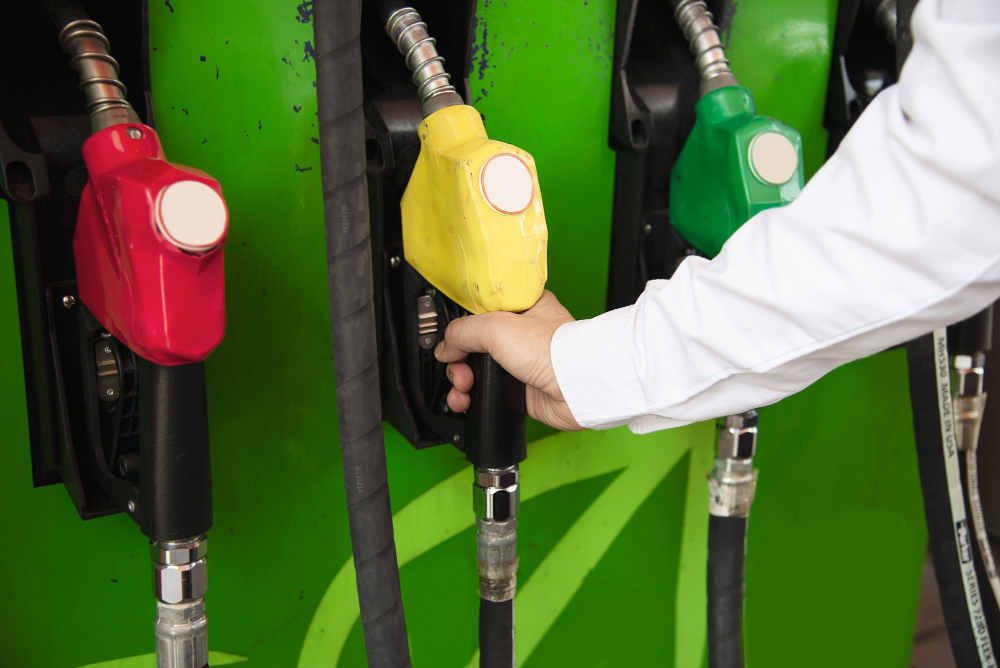The Differences between E20, E85, 91, and 95 Fuels

(Photo Credit: freepik)
Fuel is a crucial factor in driving a vehicle's engine, and there are various types available to suit the needs of drivers. One key aspect that vehicle users should be aware of is the differences between various types of fuel, such as E20, E85, 91, and 95. Each type has distinct properties and uses.
Currently, there are many types of fuel to choose from, leading to confusion among drivers about whether to use E20, E85, 91, or 95. Each type differs in terms of composition, octane rating, and impact on the engine. Choosing the right fuel helps the engine run efficiently and prolongs its lifespan.
E20 Fuel
E20 is gasoline mixed with 20% ethanol and 80% regular gasoline. Ethanol, a biofuel produced from plants, makes E20 advantageous in reducing greenhouse gas emissions and decreasing reliance on fossil fuels.
Suitable Vehicles:
- Cars manufactured after 2010, designed to support E20.
- Cars with engine modifications to handle higher ethanol content.
E85 Fuel
E85 consists of 85% ethanol and only 15% gasoline, making it a high-biofuel-content option that has less environmental impact compared to regular gasoline.
Suitable Vehicles:
- Flex Fuel Vehicles (FFVs) that can run on high ethanol blends.
- Cars with engine and fuel system modifications to support E85.
91 Octane Gasoline
91 octane gasoline is regular gasoline with an octane rating of 91, indicating its ability to resist premature ignition (knocking), which is crucial for engine performance.
Suitable Vehicles:
- Cars with small to medium-sized engines.
- Cars with low to medium compression ratios.
95 Octane Gasoline
95 octane gasoline has a high octane rating of 95, suitable for vehicles that require high performance and smooth operation.
Suitable Vehicles:
- Cars with high compression ratio engines.
- Cars with advanced fuel injection technology.
Selecting the appropriate type of fuel depends on the vehicle type and the driver's needs. E20 and E85 are beneficial for reducing pollution and are cost-effective but must be used in compatible vehicles. In contrast, 91 and 95 octane gasoline are suitable for general vehicles and those requiring high performance, respectively. Understanding these differences helps drivers choose the most suitable and cost-effective fuel.
Claim your free car valuation today!
Read More: Car Window Tinting: Is It Necessary and How Dark Should You Go?
Looking for a car appraisal? You can contact us for a free car valuation within 24 hours…
